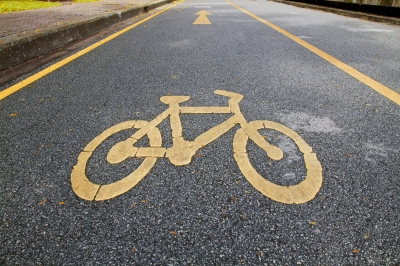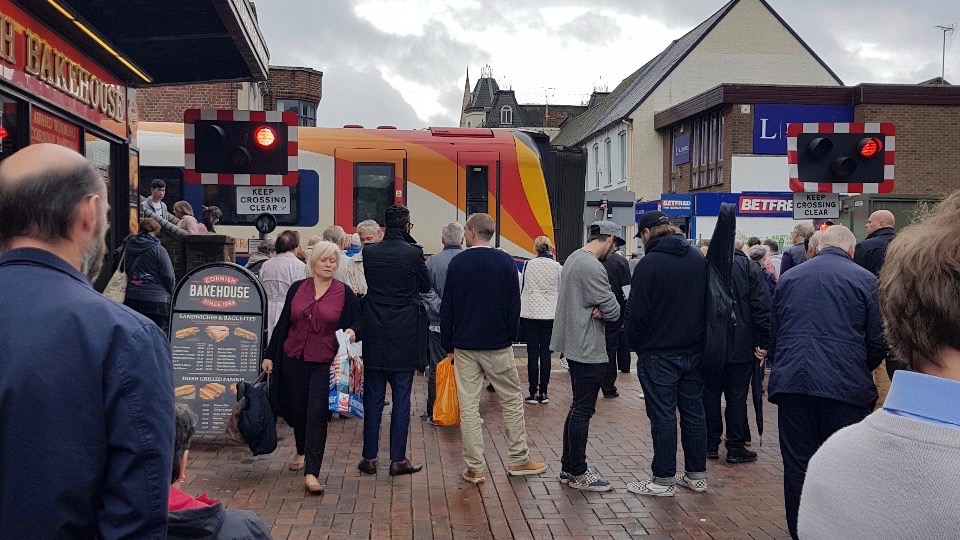A leading Bournemouth councillor has weighed in on the prayers at meetings debate saying he objects to being involved in praying.
Last week’s High Court ruling that it is ‘unlawful’ for Bideford Town Council in Devon to say prayers at the start of their council meetings has sparked a national debate, with chairman of the Conservative Party, Baroness Warsi, popularising the phrase “militant secularism”.
Cllr Roger West, deputy leader of the Lib Dems and a member of Dorset Humanists, said: “The Council meeting starts when the mayor arrives and it is disrespectful for Councillors not to be in the chamber before that event.
“If the Mayor then wants to ask us for a minutes silence whilst we contemplate matters coming before us or just generally think about the seriousness of our elected role then that seems fine to me. However I do not want to be asked to be involved in praying.”
The NSS (National Secular Society) brought the Bideford case to court after a complaint was made by an atheist councillor. When asked if the NSS planned to take other council’s to court, a spokesperson said: “If it’s on the agenda of the meeting that people are summoned to then that’s when we have a problem with it. Otherwise, we won’t take issue.”
A Bournemouth Council spokesperson said that the prayers are not formally on the agenda “it’s just something they choose to do”, so they have no intention to change their policy.
For some, however, this is not the end of the matter. Even though prayers are not written on the agenda, they do immediately precede the first item.
Whilst passing judgement, the ruling judge in the Bideford case, Mr Justice Ouseley, said that the power of councils should not allow “the religious views of one group of councillors to exclude, impose burdens on or even to mark out those who do not share their views and do not wish to participate in their expression of them. They are all equally elected councillors.”
An ex-Councillor, who preferred not to be named in this contentious issue, agreed that the prayers are “inappropriate”, and said that the way Bournemouth council says prayers could mark people out: “It’s clear when you attend that not everybody is praying, just politely waiting for it to finish.”
Cllr West added: “My father was a lay preacher in the Church of England and for him prayers were something very important and the idea that non believers were praying just for the sake of good PR would have appalled him as it does me.”
Speaking on the issue, Eric Pickles, Secretary of State for Local Government, said “While welcoming and respecting fellow British citizens who belong to other faiths, we are a Christian country, with an established church governed by the Queen. Christianity plays an important part in the culture, heritage and fabric of our nation.”
Simon Calvert, spokesman for the Christian Institute, said: “It is extraordinary to rule that councils have no lawful authority to choose, if they so wish, to start their formal meetings with prayers. That is simply wrong.” Showing how strongly each side of the issue feels.
David Warden, Chair of Dorset Humanists, is strongly against the practise and encourages those who agree to write to their councillors and MPs. He said: “Why do Christians want to impose the practice of prayer on non-Christians and then blame us when we complain? This is precisely a failure to respect those of other faiths and none with the excuse that ‘we are a Christian country’. This furore, in microcosm, is a battle between the values of democracy and theocracy.”
Photo: geograph.org.uk, Copy write Keith Edkin.
Do you think prayers should be stopped before council meetings?
Leave your comments below.







